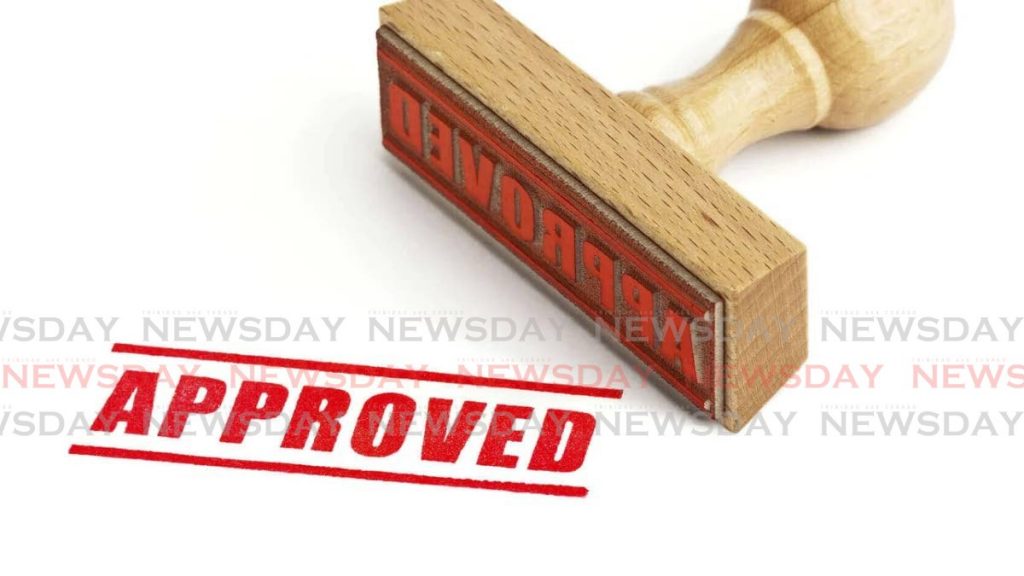Easing up

At Monday's covid19 media briefing, Trade and Industry Minister Paula Gopee-Scoon sent an important signal that the Government is aware that for us to get back on the right track economically, ease of business must be improved.
“We’re not in a good place, and we’ve said that before,” the minister said. She noted this country’s position of 105 out of 190 countries in the World Bank Ease of Doing Business ranking is not good enough, but expressed optimism our standing could improve come the next assessment.
The minister is correct, in that we’ve heard this before. But the pandemic might well turn out to be the catalyst that finally gets results.
Ease of doing business is more important than ever before. With companies facing so many pressures and uncertainties, they need to be nimble on the ground. Red tape and government bureaucracy can really hinder the ability of companies to adapt, to change, to seize opportunities, or even to function competently.
There was a time when ministers talking about the much-touted “Single Electronic Window” seemed aspirational and cutting-edge. Now, however, wireless transactions, paperless systems, remote operations – these are now part of the fabric of the new normal, already being embraced the world over in countries that had a head start. We cannot afford to be left behind.
At lot of services are now available online, but there still remains room for improvement, and these relate not only to the activities of businesses, but also their workers and customers. It cannot be forgotten that a big part of the overall economic picture is the need to bolster productivity.
Why should people have to waste time standing in lines just to pick up forms or access some government service? Why do people have to lose hours, days, when seeking to have the most routine matters addressed, such as in relation to passports or other important documents?
Ease of doing business goes hand in hand with ensuring there are conditions for workers to achieve their maximum. That means addressing service and the efficiency of state management.
It’s good that the State feels it has made headway in some processes, such as obtaining construction permits.
But such improvements mean little when things like the sudden and controversial reversal of practices around Customs and Excise laws earlier this year can still happen. The problems relating to the inter-island air- and seabridge, and even some of our outdated laws relating to what businesses can import, often frustrate trade in a way that makes permit-seeking seem like a quaint activity.
The problems with payments generally, as well as the continued absence of enforcement of our revised public procurement laws, also mean the competitive environment is lacking factors that could help guarantee fairness.
The tax regime is also an area that remains ripe for attention. The position of the State has been clear in that revenues are needed, but greater flexibility in how obligations are fulfilled and greater speed of processing can, on their own, amount to an ease-up.


Comments
"Easing up"